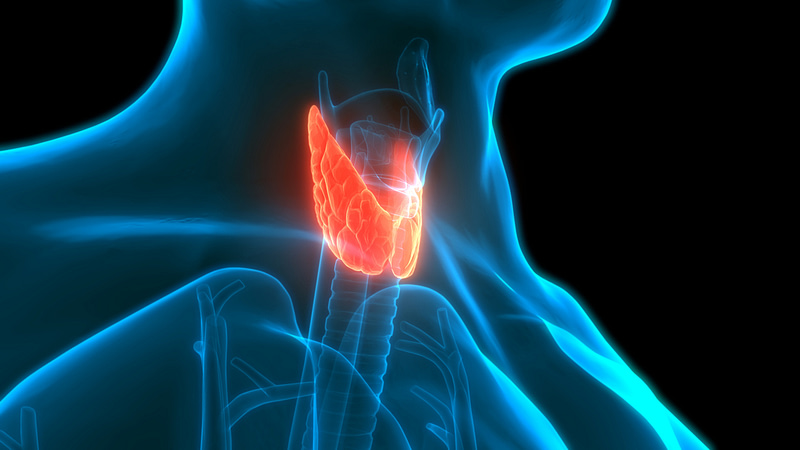In many third world countries, iodine deficiency is the primary cause of hypothyroidism.
Although in developed countries due to the iodization of the salt supply, iodine deficiency is not
a very common cause of hypothyroidism. Greater than 90% of hypothyroidism cases in the
United States are due to Hashimoto’s. The thyroid is very sensitive to iodine levels, and a
maximum daily threshold of 150 mcg is recommended. Levels that are too high or too low can
cause hypothyroidism.
Several studies have shown that excess levels of iodine can lead to Hashimoto’s and therefore
it is an environmental trigger for Hashimoto’s. Some studies have shown how the rates of
Hashimoto’s has increased after the iodization of the salt supply.
In mild to moderate iodine deficiency, the body compensates by using whatever iodine it has for
thyroid hormone production. Although while it does this, the thyroid gland enlarges and
therefore creates a goiter. TSH levels then drop due to the enlargement of the gland and due to
increased thyroid hormone production.
When there is high iodine intake, TSH levels increase and therefore rates of hypothyroidism
increase. As iodine levels increase, there is more cell death in the thyroid. Hydrogen peroxide is
a free radical that is produced from the conversion of iodine to a form that can be used by the
thyroid. Too much hydrogen peroxide can lead to damaged thyroid cells.
Have you been tested? Let us know if you think you’re at risk by calling us at [phone].







